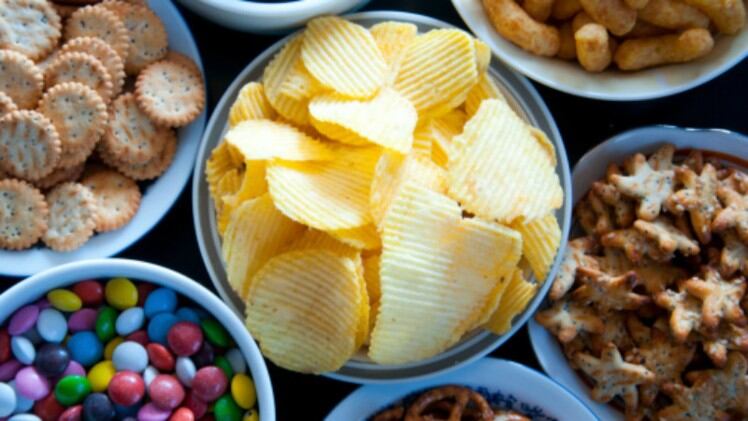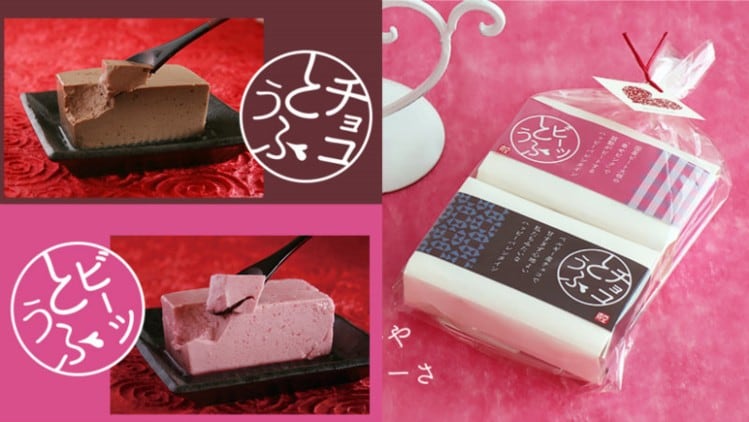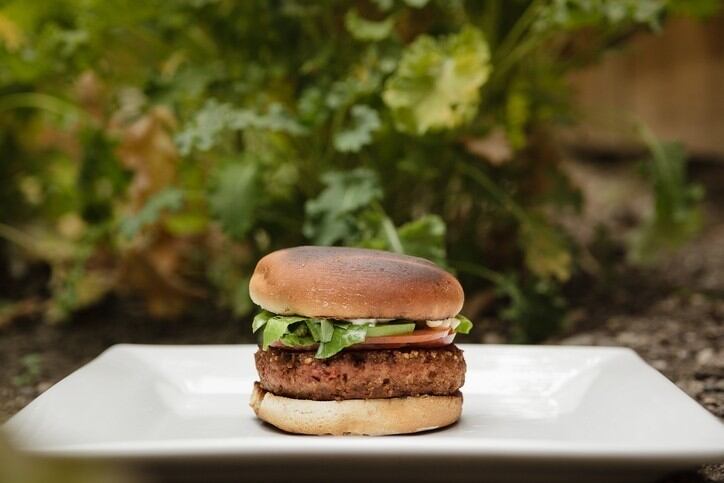B-ad ban
Australia’s outdoor media industry, the somewhat grand title for firms that flog billboard space, has been chasing some positive coverage of its own by banning adverts of ‘discretionary foods’ within 150 metres of schools.
With one-in-four Aussie kids either overweight or obese, the nation’s Outdoor Media Association has hailed the move as a model of corporate responsibility.
“The policy aims to meet community expectations and support government efforts to tackle overweight and obesity in Australia. The OMA has closely consulted with industry, food groups, advertisers, health promotion experts and government and conducted extensive research on Australian and international best practice to inform this world-first policy,” it states.
Despite the spin, it is difficult to view this as little more than a last-ditch attempt to stave off more formal regulation after states such as Queensland enforced its own restrictions.
And while the OMA has also pledged to give $3m of ad space to promote healthy eating, the scale of the problem requires far more coherent national action.
For example, most Australian schools do not provide school meals, with kids taking packed lunches.
So surely any restrictions of ads would be better enforced around supermarkets and convenience stores, where kids are likely to buy such products or pester their parents for them?
Regardless, my hunch is that such measures are futile, with children highly unlikely to be affected by billboard advertising.
Not least because it would require them to lift their heads up from their smartphones, where presumably they can continue to enjoy all the chocolate, chips and soft drinks marketing they like.
Coronavirus quackery
In a recent edition of this column, I highlighted the justified criticism directed at India’s Ministry of AYUSH for clumsily suggesting Ayurvedic ingredients could protect against the coronavirus.
Since then, various other Indian officials and organisations have seemingly been competing for a complete quackery award.
This week Haryana health minister Anil Vij added fuel to the fire of social media claims that the coronavirus could be spread through consumption of eggs, chicken, mutton and seafood, and urged citizens to become vegetarian, despite not having a shred of reputable evidence.
And going several steps further, the All India Hindu Union hosted a cow urine drinking party, with members believing it can ward off the disease.
"We have been drinking cow urine for 21 years and we also take a bath in cow dung,” said one attendee, who presumably won’t have any problems when it comes to social distancing.
Sanity check
Thankfully not everyone is using the global pandemic to espouse unfounded nonsense, with plenty of firms using it as an opportunity to do good.
So hats off to Brewdog, not only because their beer is probably the only thing I could be bothered to stockpile, but for also using its manufacturing capabilities in Scotland to produce hand sanitiser for health workers.
Several other brewers and distillers are adopting similar strategies, meanwhile LVMH Perfumes and Cosmetics has prioritised the production of such gels at its France sites.
As ever, actions speak far louder than words.
Gary Scattergood is Editor-in-Chief of FoodNavigator-Asia, NutraIngredients-Asia and CosmeticsDesign-Asia.




